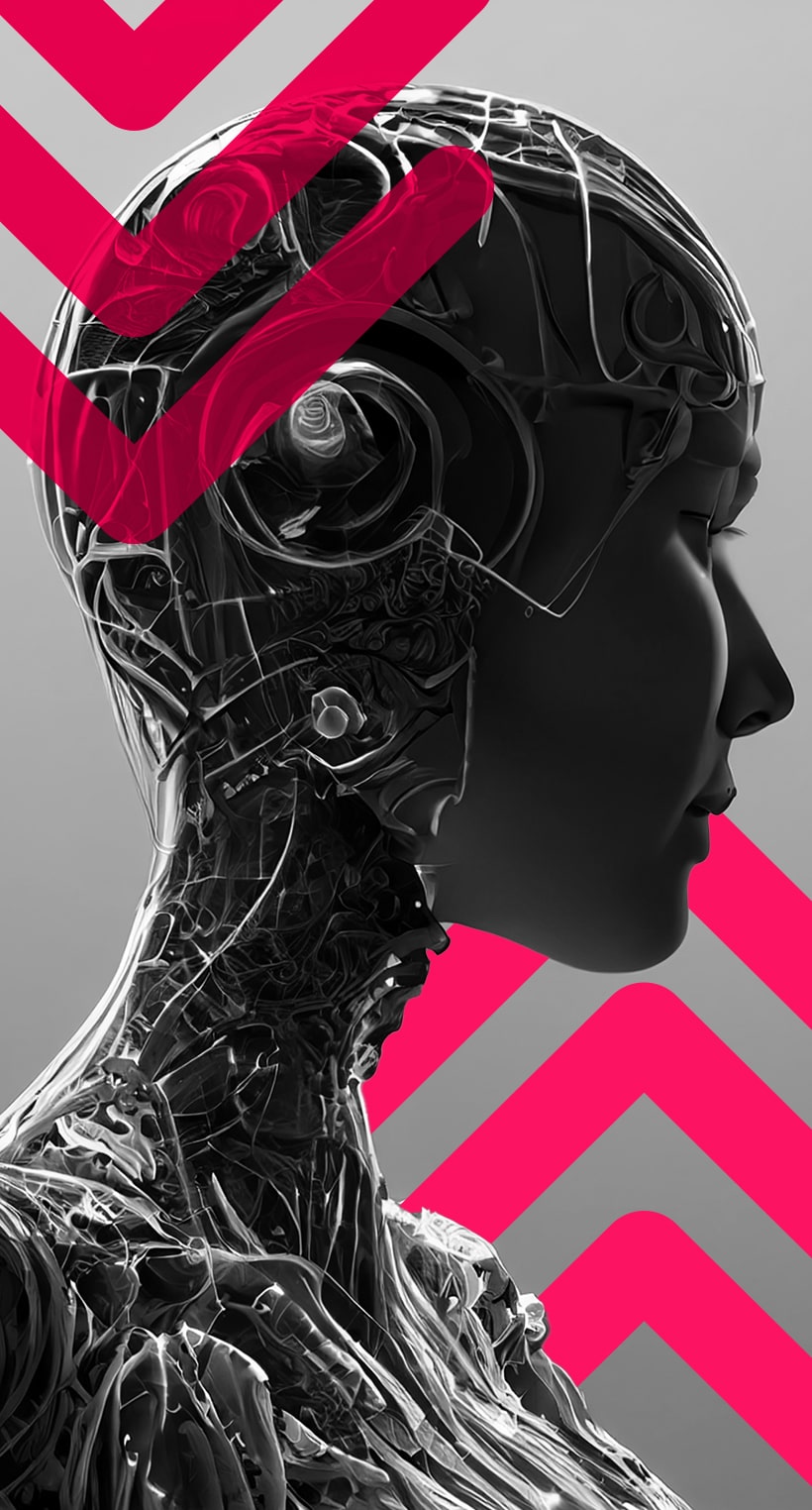Optimising AI Manufacturing for Enhanced Efficiency

Manufacturing
Artificial intelligence is revolutionising the way brands produce goods, both on a large and small scale. Brands are transforming their manufacturing processes through precision assembly line engineering, strategic foresight, and a steadfast dedication to a more productive future.
“In the realm of manufacturing, AI now orchestrates processes with an unprecedented level of precision. It serves as the powerful engine propelling us towards a future of highly optimised production and boundless innovation.” - AIUK

With an unwavering commitment to modernisation, optimisation, and automation, we are driven by the same passion that has already brought significant financial profitability and operational sustainability to manufacturing. Our mission is to empower manufacturers, enterprises, and visionary leaders to harness the full potential of AI in optimising their manufacturing processes.
Our AI-powered solutions are carefully developed to meet the needs of contemporary manufacturing. We offer data-driven insights, predictive maintenance strategies, and intelligent resource allocation. Our aim is to empower manufacturers with the ability to foresee challenges and optimise efficiency in a fiercely competitive industry.

Our AI solutions enhance the efficiency of manufacturing processes, streamlining production schedules, reducing downtime, and leveraging years of accumulated data.
The starting points are improved productivity, decreased operational expenses, and a proactive approach to overcoming challenges. Whether you represent a manufacturing company striving to enhance timelines or an innovator envisioning a more efficient utilisation of resources, let us shape a future where manufacturing transcends being a mere process and becomes a catalyst for innovation. Let artificial intelligence augment human potential and let an increasingly efficient world become the cornerstone of your production line.
Do you have any questions?
AI enhances manufacturing efficiency by optimising production processes, predicting equipment maintenance needs, and automating quality control. It reduces downtime, minimises waste, and increases overall productivity, ultimately leading to cost savings and improved competitiveness.
Absolutely, AI solutions can be tailored to meet the unique requirements of small and medium-sized manufacturers. AI-UK provides flexible options that are suitable for your specific needs and budget, ensuring that the advantages of AI are accessible to businesses of all sizes.
Certainly, AI plays a vital role in the optimisation of supply chains. It facilitates real-time forecasting of demand, effective management of inventory, and efficient route planning. As a result, lead times are reduced, carrying costs are lowered, and delivery accuracy is improved, thereby enhancing the overall efficiency of the supply chain.
AI uses image recognition, sensors, and data analytics to monitor and uphold product quality constantly. It swiftly identifies any defects in real-time, enabling prompt adjustments to the manufacturing process. This guarantees that only top-notch products are delivered to customers, thereby reducing the need for rework and lowering warranty costs.
The implementation timeline for AI in manufacturing varies depending on the complexity of your operations and the specific AI solutions needed. AIUK offers comprehensive services that begin with a thorough assessment, allowing us to deliver tailored solutions aligned with your objectives and timeframe. Typically, the implementation of AI involves a phased approach to ensure a seamless transition and minimal disruption to ongoing operations.
Yes! AI is enhancing every stage of the production process, from predictive maintenance of machinery to quality control and supply chain optimisation. By utilising AI, manufacturers can achieve unprecedented levels of efficiency, reduce downtime, and ensure product quality. The ability to predict equipment failures before they occur and optimise production schedules based on demand forecasts is transforming traditional manufacturing practices. Some case studies include:
Timely Diagnostics and Fault Detection: AI excels at detecting and diagnosing faults early by analysing data patterns. This capability allows for targeted maintenance actions, reducing downtime and ensuring that maintenance efforts are focused on specific issues affecting equipment performance. In the aerospace industry, predictive maintenance systems analyse data from aircraft engines to predict potential failures, enabling timely interventions.
Maintenance Cost Reduction: By eliminating unnecessary scheduled maintenance activities and focusing on actual equipment conditions, predictive maintenance reduces extra expenses. For instance, a chemical processing plant can schedule maintenance based on real-time equipment health, cutting down on unnecessary service costs and allocating resources more effectively.
Computer Vision for Defect Detection: AI systems use computer vision algorithms to analyse images or videos of products, detecting defects and anomalies with exceptional precision. This capability surpasses human inspection and ensures that only high-quality products proceed to the next production stages.
Optimising Production: AI not only detects defects but also helps optimise overall production processes. By ensuring that equipment operates under optimal conditions and by predicting when maintenance is needed, AI contributes to maintaining high production quality and efficiency. This application is seen in various industries, such as the semiconductor industry, where AI predicts potential design issues and optimises layouts to enhance yield.

;)
;)
;)